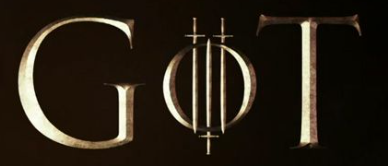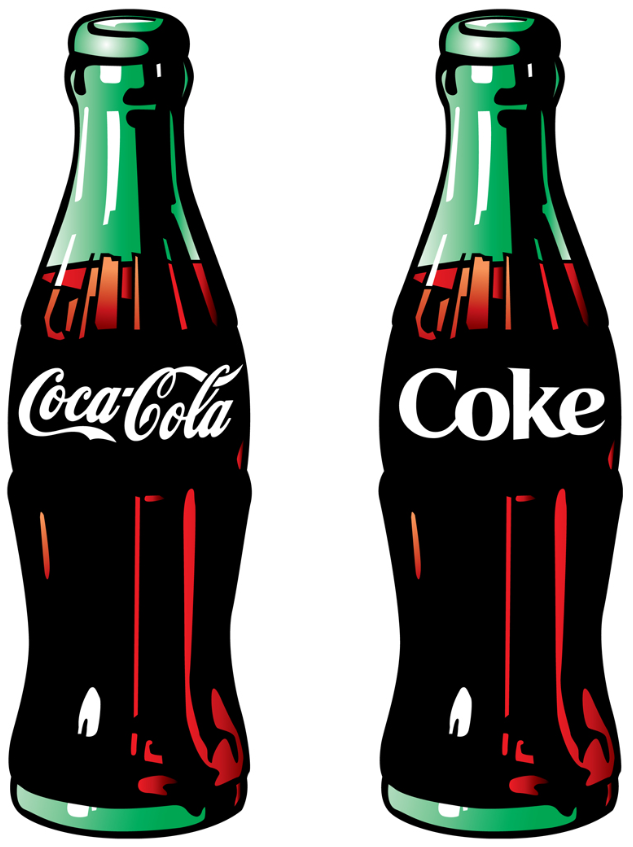KEEP YOUR EYES OPEN
Some of the most profound life truths are the simplest. Woody Allen said 90% of life is just showing up. Although certainly a humorous statement, it bears a subtle significant truth we cannot escape. Presence is important.
Another simple yet profound life truth is keep your eyes open. The power of observation is something that can benefit each of us if we remember to use it. Of course we all have those times when our eyes can fool us. It is an extremely old joke, but I will share it anyway:
For the first time in his life, Grandpa Hillbilly visited a modern metropolis with his family. At one point, while the ladies were shopping at a massive mall, he parked himself on a bench across from another marvel he had never before seen: an elevator. He watched as an elderly lady with a cane fussed with the buttons a moment and then ambled into the elevator to disappear from Grandpa Hillbilly’s sight as the door closed. About two minutes later the elevator door opened and out strode a gorgeous, vivacious young lady. Grandpa sat there in amazement for a few seconds. Then he turned to his 9-year old grandson and said, “Billy, quick! Go get Grandma!”
Lest we immediately see ourselves as immune to such foolish tricks of the eyes, never forget that sadly sometimes we can get so caught up in our own little world that we forget to observe. If we forget to observe then we rob ourselves of valuable lessons that observation reveals.
You’ve heard of active listening? Well how about active observation? Simple observation holds tremendous power if you intentionally tap into it. Some of the most powerful leadership, life, business, and relationship lessons I have ever learned arose not from a book, a class, or a seminar, but from simple observation. And the good news is that you never run out of people to observe!
Think about the people you most admire, the people you view as the most successful, the people you believe have accomplished the most for their organizations, and the people that have been your best mentors, friends, and confidants. A major reason that you hold those persons in such high esteem is because you have observed them in different situations. If you take the time to ponder how they handled those situations, you can usually think of similar situations you face today. Then simply ask yourself how can I better handle a situation I face today based on my observations of that person and thereby achieve similar positive outcomes?
I have learned much from the people that have mentored me. Much of that learning was delivered directly by the person’s words, and of course I value that immeasurably. However, the majority of what I learned materialized within me as I pondered my meticulous observations of that person. What they did spoke louder than what they said.
A particularly wonderful convenience about the power of observation is that you don’t even have to know the person you are observing. Public figures, people you read about, individuals you simply happen to see from a distance, people you might only know very indirectly all provide observational learning lessons. Someone I know well simply recounting an episode about someone I don’t know, provides observation power if I mine the story for its gold and apply it to my life. The possibilities and permutations are endless. You never run out of ways to learn from observation.
In all this, you might be assuming that I am only talking about positive examples because we all value positive outcomes. While we definitely value those positive outcomes from positive examples, you can learn as much from a negative example as from a positive one. In a sense, those examples are particularly potent in that you didn’t have to experience the pain or embarrassment yourself to learn that lesson. You watched someone else go through the catastrophe. You must keep your eyes open. I have learned immensely from some horrific examples. Understanding the wrong way to do something is just as important as understanding the right way to do something.
You’re never so smart that you can’t learn another valuable lesson (but if you think you are, then I’d like to talk with you!). Observation is so obvious and simple. Because of that, its profundity sometimes escapes us. Seeing a truth demonstrated can be so much more powerful than simply hearing it articulated.
Keep your eyes open.











